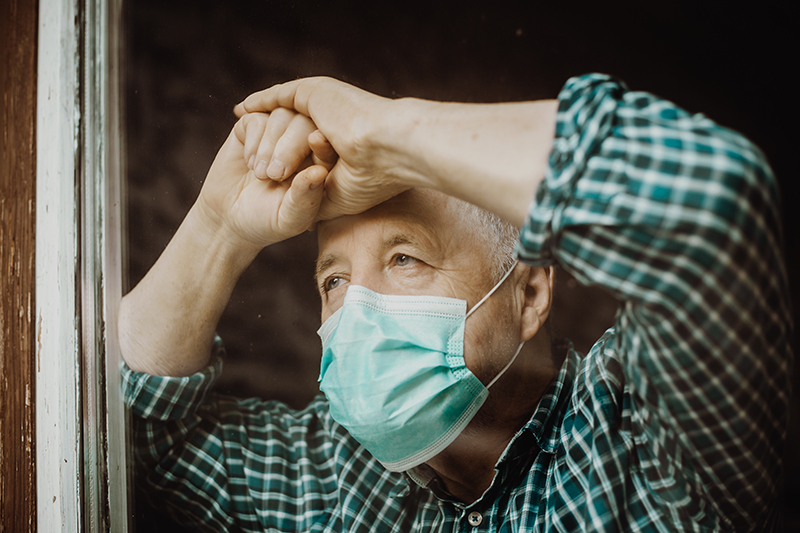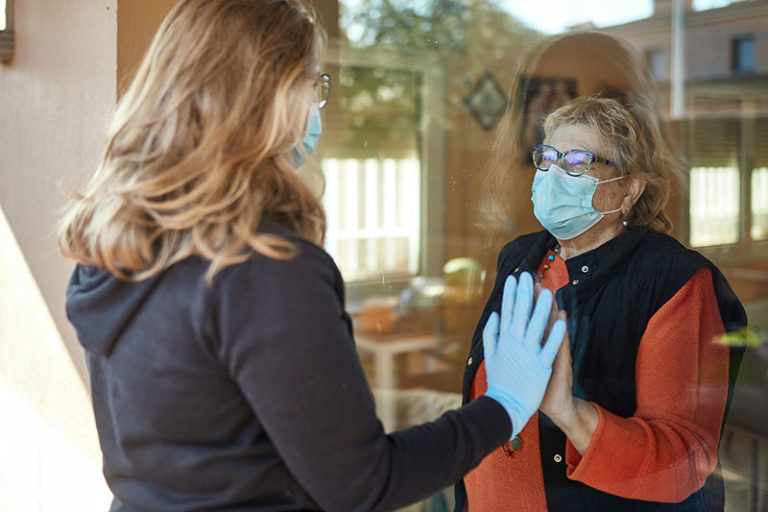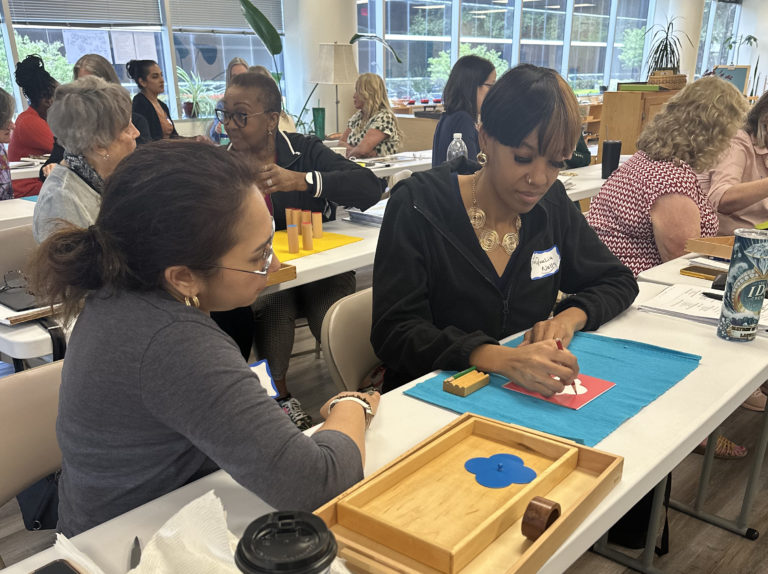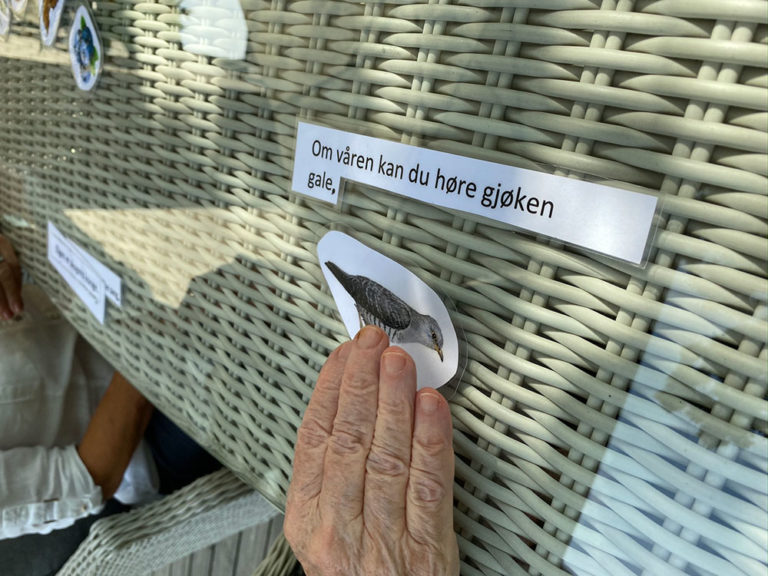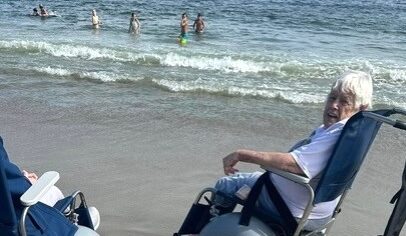Behind Closed Doors in Long Term Care During COVID-19
Written by a friend of Brush Development
The blog is written by a care partner who works in a long-term care community and would like to share the difficulties that they have been facing as a result of COVID-19.
Seniors living in long term care communities have been more isolated than ever during the COVID-19 pandemic. Many people with advanced dementia are no longer safe behind closed doors. They are often dependent on trained caregivers to help them meet their basic daily needs; that is why they are living in long term care communities. They need a structured, safe, and engaging community so they can thrive. Unfortunately, COVID-19 is hitting long-term care communities hard and communities are attempting to stop the rapid spread of the virus by keeping people in their rooms behind closed doors. Many people have been quarantined for in their rooms for long periods of time.
When elders venture out of their room and into the hallway, they are told and sometimes yelled at with phrases such as “No! Go back in your room” and “You can’t come out here” or “You need to wear your mask” by staff members.
Unfortunately, the daily routines and schedules on which they used to rely for structure and orientation are now completely gone. They are no longer gathering for activities or participating in community dining which used to provide them with a reliable cadence and rhythm to their day.
In addition, caregivers are less likely to spend little time in individuals’ rooms if people are quarantined for two reasons: they are fearful of possible exposure to COVID -19 for themselves or they don’t want to don all of the personal protective equipment that is required just to enter the room. Communities are understaffed because of call offs and illnesses. The infrequent visits from staff are disorienting as many of the former familiar caregivers are replaced by temporary workers or the familiar staff members are completely unrecognizable under layers of protective clothing. The communication is muffled and distorted because of masks and shields which further confuse the residents. Additionally, caregivers are often rushed in their interactions, and are not allowing for much needed additional processing time, resident questions or checking for understanding because they are scared, poorly educated and often want to limit their possible exposure to COVID-19.
I have noticed that many elders living in isolation are often without their hearing aids, clean clothes or their glasses. Many have no way to ask for help because they cannot remember how to use them. They may be sitting in wet or soiled undergarments or have fallen on the floor. No one would know about any of this unless it is time for the hourly check-in where a caregiver may or may not pop their head in the room to check in on them.
Elders are tested multiple times a week with uncomfortable swabs jammed up their nose with very little explanation, thus resulting in irritation, anxiety and often combative behavior. Even worse, if an elder is found to be COVID positive, they may be physically displaced to another room or secure wing of the building. Their things are carelessly transferred and not placed back in a familiar or accessible place, adding to the chaos and their confusion.
I have noticed an increase in the risk of malnutrition and dehydration. Meals and leisure activities are no longer a social event where people sit with friends and eat and drink together. Some people don’t have table in their room and eat from their laps, behind closed doors, with food on a flimsy Styrofoam tray with white plastic utensils. As a result, many people spill food and beverages on themselves and on the floor. The floors are sticky and dirty because housekeeping is also afraid to enter these rooms. Food may sit (sometimes out of reach and across the room) untouched until someone picks it up at the next meal pass and throws it away. Many times, people with dementia are not even given a knife to cut their food or spread butter or jelly on their roll for fear that they may hurt themselves with it! They no longer have access to condiments to make their food taste better or caregivers to help them make choices or cue them during meals or monitor them for choking.
Although we must do our very best to keep people healthy and reduce the spread of COVID, locking elders and people with dementia alone in their rooms day after day is not the answer. We must do better.

